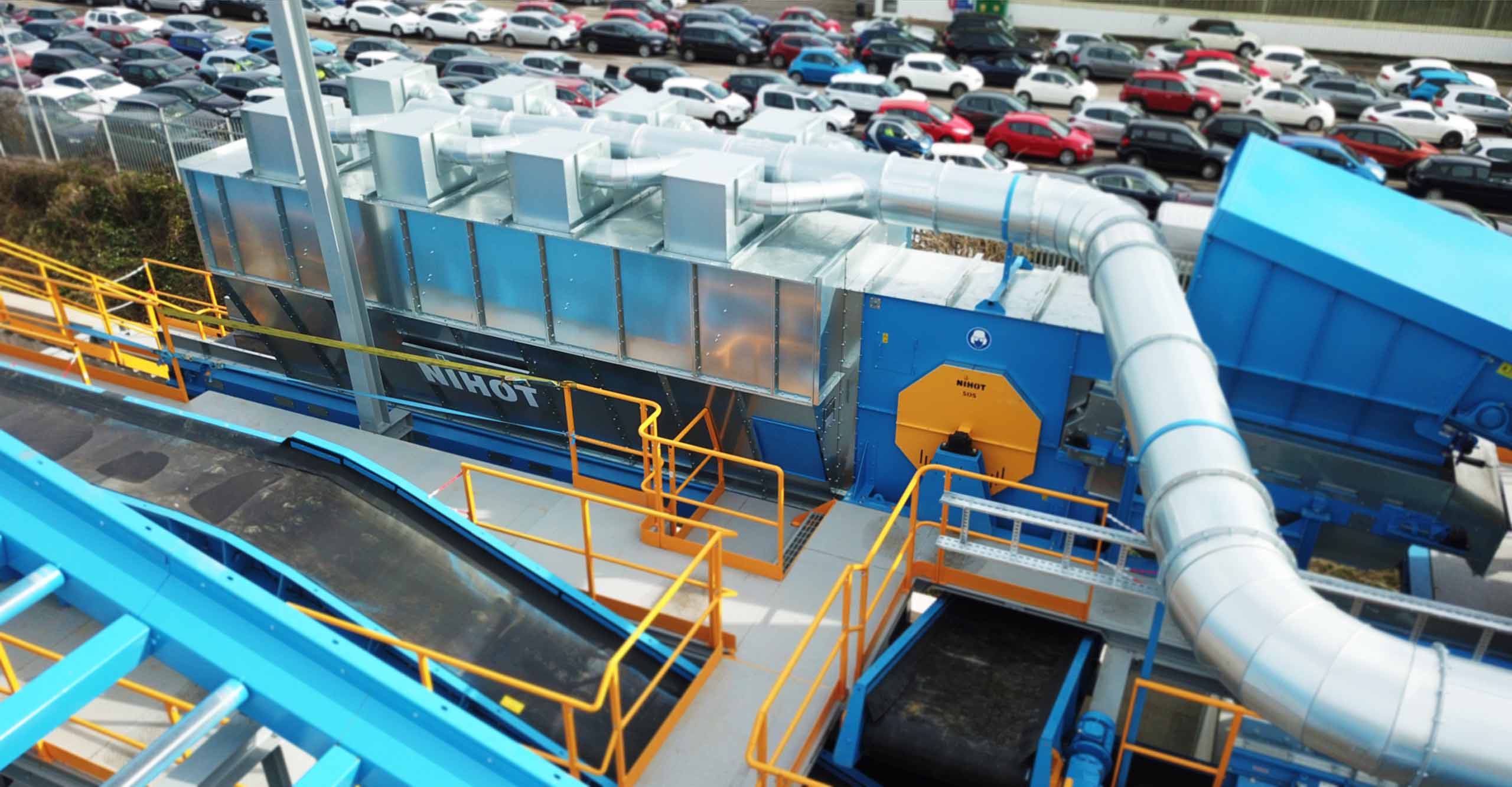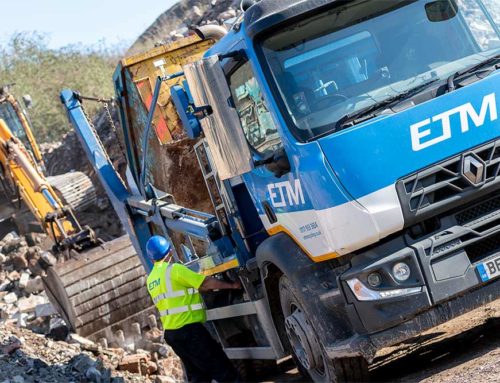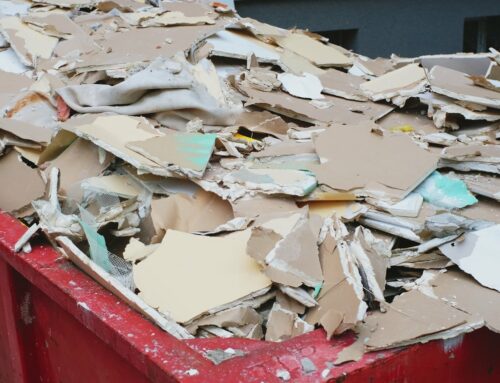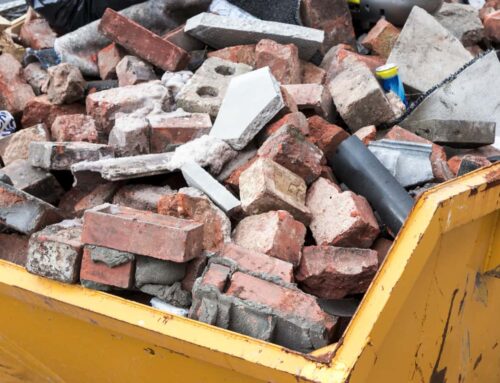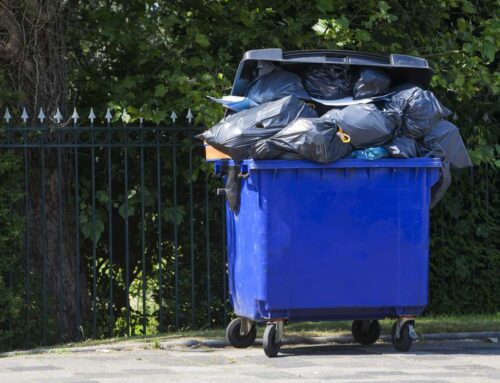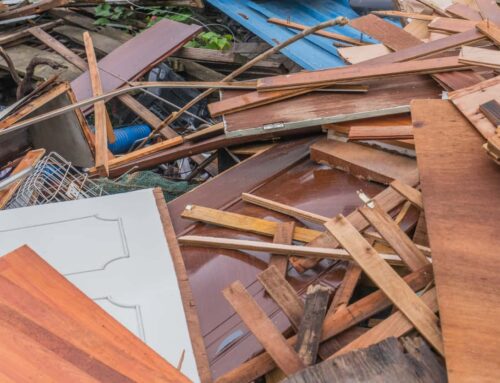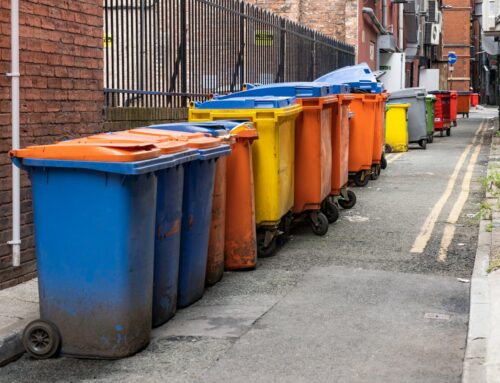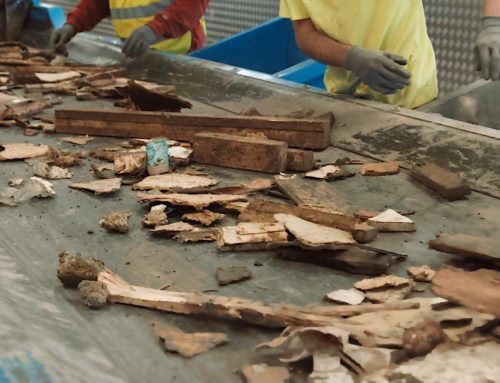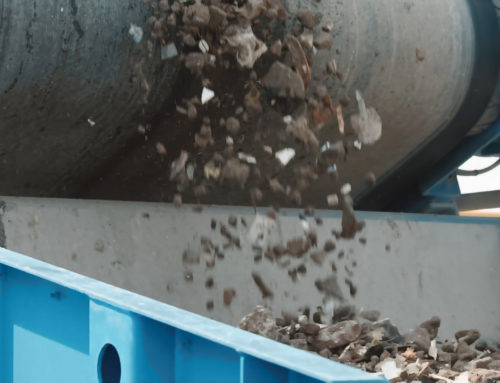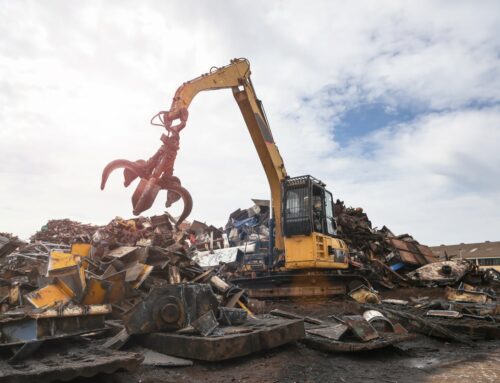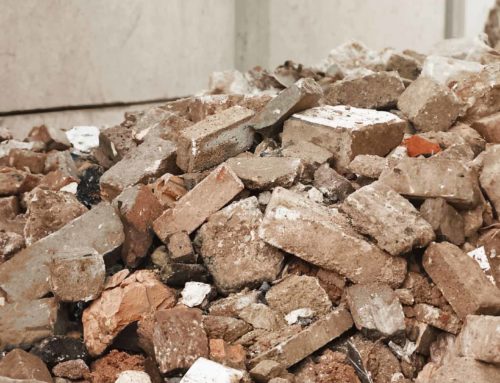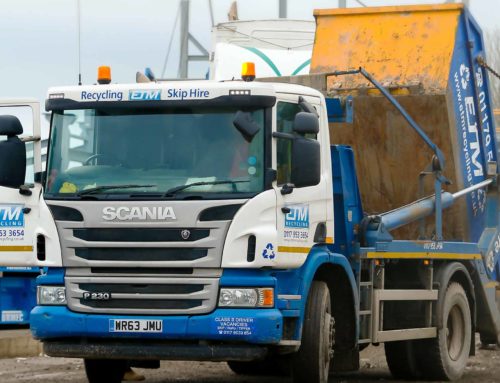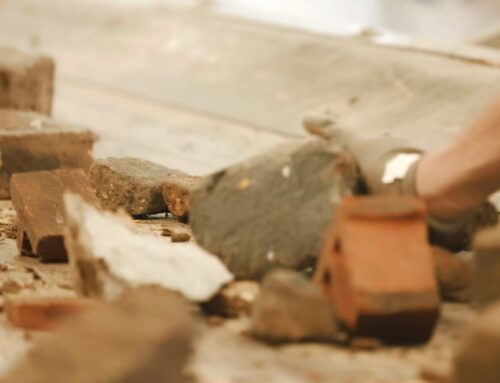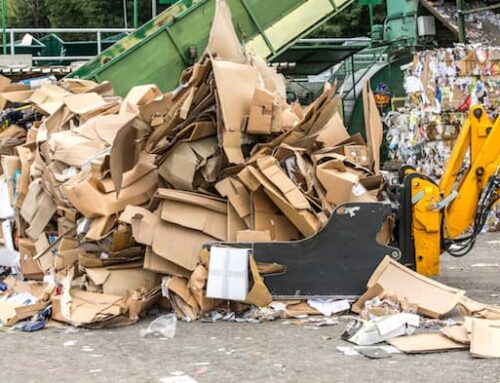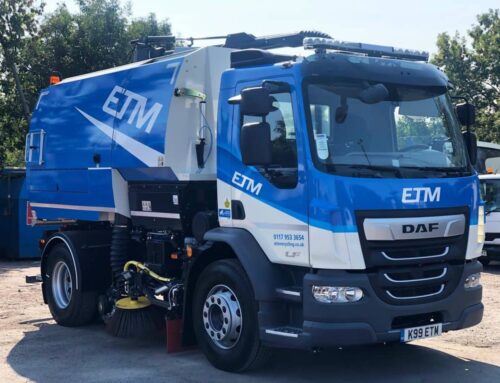For a long time, landfill has been the norm. Digging holes, stuffing them full of waste, covering the pit over, dealing with the toxic waste and leachate produced – to think this was seen as acceptable waste management! These days, more and more businesses are trying to make a change, diverting as much of their waste as possible towards more environmentally friendly solutions. This has become a principle known as ‘zero waste to landfill’.
ETM Recycling offer waste management solutions to domestic and trade clients. From grab hire to recycling collections to selling on recycled materials, our range of services have helped plenty of clients limit their reliance on unsustainable disposal methods.
In this guide, we explain what zero waste to landfill means and how to create an effective strategy for your business.
Zero Waste to Landfill Definition
Zero waste to landfill is increasingly becoming a business priority. Not only does this principle reduce your organisation’s impact on the environment, but it also delivers tangible economic benefits too. Though there is no universal definition, essentially it’s about minimising the amount of waste that ends up in landfill by improving your waste management. Some certifications are available for businesses who want to officially verify their achievement, including one from The Carbon Trust.
Most businesses work towards a target of diverting 99% of all waste, using strategies of reduction alongside alternative disposal and waste removal methods. These might include boosting recycling across the business, food waste composting, material recovery, or incinerating waste to generate green energy.
It is estimated that the UK produced 43.9 million tonnes of commercial and industrial waste in 2018, demonstrating how vital it is that the adoption of this principle becomes more widespread.
ETM Recycling are waste management experts. If you want to learn more about zero waste to landfill, we can help you establish effective strategies to ensure your business achieves it.
Discover the benefits of outsourcing your waste management >
Benefits of Zero Waste to Landfill to Your Business
Saves Money
Waste disposal is costly. Businesses are charged tax on top of landfill fees if they get rid of their waste using this method. The amount of tax you pay is determined by the weight of waste produced. For inert waste like rocks or soil, you get charged the lower rate of £3.10 per tonne. For anything else, the standard rate is £96.70 per tonne – a cost that can quickly add up for businesses watching their bottom lines. Zero waste policies, on the other hand, can save you money by dramatically reducing the amount of waste you need to deal with.
Waste Management Regulations – The Importance of Regulation in the Industry >
Generates Revenue
As well as reducing your business waste disposal costs, you can also create extra revenue using zero waste to landfill policies by selling on recyclables. Instead of being a toll on your finances, your waste management methods could actually boost your finances, or at least not reduce them! Clearly, even businesses that don’t cite sustainability as a priority should think about implementing this principle.
Fulfils Corporate Social Responsibility
How you deal with waste is an important part of your business’ corporate social responsibility, and your legal duty of care too. If you create waste, the law dictates that you are responsible for dealing with it in the best way. Also, with customers becoming increasingly environmentally conscious, boosting your eco-credentials can generate business and greater brand loyalty. On all fronts, it makes sense.
Reduces Carbon Footprint
As waste breaks down in landfill, it releases the greenhouse gases methane and carbon dioxide in roughly equal amounts. Though levels are decreasing in the UK due to reduced landfill use, the amount of gas produced in 2019 was still 14.2 million metric tonnes (source). By diverting your waste from landfill, your business won’t be contributing to this shocking figure, and your customers will be proud to choose your business over any of your polluting competitors.
Streamlines Processes
Producing large quantities of waste suggests inefficiency, so zero waste to landfill can help keep your business lean. Refining your processes – whatever sector you operate in – will create a more streamlined operation. Despite the initial financial outlay implementing a zero waste to landfill strategy might require, you will be rewarded for your efforts with quick, hyper-organised, highly functional procedures.
See more: A Beginner’s Guide to Commercial Waste Services
Creating a Zero Waste to Landfill Strategy for Your Business
So, now we’ve convinced you that zero waste to landfill is the way forward for your business, how do you achieve it? Below, we provide some handy tips to make creating your strategy a little bit easier.
Audit Business Waste
As with most effective strategies, planning is essential. Before you launch into a full-scale business waste revolution, you need to check in with how things are right now. That way, you’ll have a benchmark to measure your progress against, and you might be able to instantly spot waste to eliminate.
Conduct a waste audit across all premises the business operates in. Identify the composition of different waste streams alongside their origin and the quantities of each. With this data, you’ll be better informed to make decisions and craft your strategy.
See more: How to Improve Waste Management
Apply Waste Reduction, Recycling, and Reuse Strategies
Now you know where you are, it’s time to act. A great way to structure your strategy is to use the waste management hierarchy. This hierarchy outlines the order in which you should manage waste according to how good each option is for the environment. You’ll probably have heard of it because it’s been a legal requirement for businesses and public bodies that produce and handle waste since 2011. If you’re not familiar, the five levels are prevention, re-use, recycling, other recovery, and disposal. Basically, landfill is the worst-case scenario.
Find out more: What is the Waste Hierarchy? Waste Hierarchy Explained.
A great way of applying waste strategies within your business could be working with a waste management partner. They can help you rationalise your waste output and increase the amount of waste you recycle. Using recycling bins to separate materials and putting food waste bins in the kitchen can radically limit the amount of general waste you are producing.
Alongside these strategies, you should review your processes and consider whether there is unnecessary waste being produced. Do you use disposable packaging, rather than reusable? If so, invest in changing this. It will be worth it in the end.
For more advice, get in touch!
Engage Employees and Stakeholders
A final tip to ensure the long term success of your strategy is to make zero waste to landfill a core business policy. This is not a time to keep your ideas close to your chest. Instead, work to promote the principle and your passion for it across the business, educating employees on how to reduce waste, and engaging stakeholders with your plans. This will help promote your eco-credentials and hold you to account too. With everyone on board, chasing the same goal, it’s only a matter of time before you achieve it!
Waste Disposal – What is the Importance of Effective Waste Disposal? >
Go Zero Waste to Landfill with ETM Recycling
Diverting 99% of your waste from landfill is a laudable goal for any organisation, demonstrating your commitment to the environment as well as making good business sense. But, getting there can be difficult, taking a lot of time and effort. That’s where we come in!
ETM Recycling are leading providers of domestic and trade waste management, recycling, and skip hire. Our goal is to divert as much of Bristol’s waste from landfill as possible with our cost effective, client focused service.
For a waste management provider you can rely on, contact the ETM team.
Read more: Everything You Need to Know About Waste Management
Read more: What is a Waste Management Plan?
